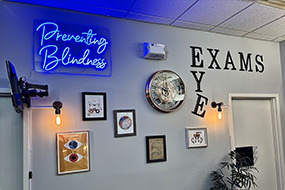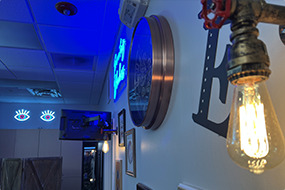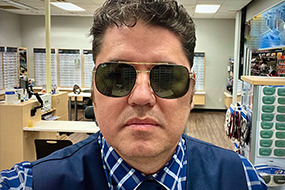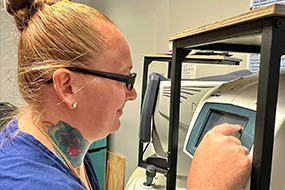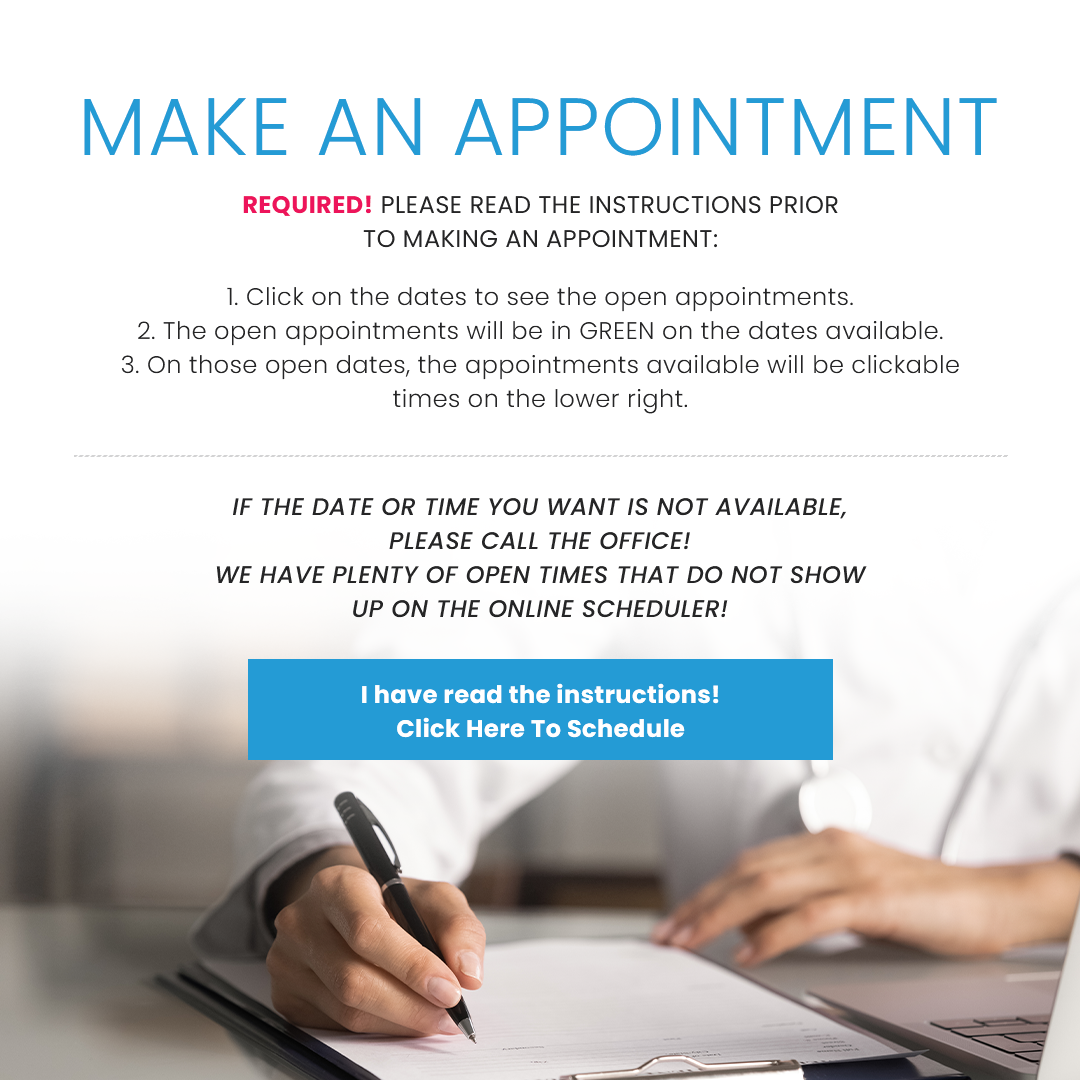
An eye emergency is any sudden, unexpected, or potentially sight-threatening condition that requires immediate medical attention. These situations can range from minor injuries to severe conditions that can lead to permanent vision loss if not treated promptly. Recognizing the signs of an eye emergency and knowing how to respond can make a significant difference in the outcome.
Common Types of Eye Emergencies
- Foreign Object in the Eye: This can include small particles, debris, or even larger objects that become lodged in the eye. Attempting to remove the object yourself can cause further injury, so it's essential to seek immediate medical attention.
- Chemical Burns: Exposure to household chemicals, such as cleaning products or acids, can cause severe eye irritation and damage. Flushing the eye with clean water immediately and seeking medical care are crucial steps.
- Blunt Trauma: Injuries from blunt objects, such as a sports ball or a fist, can cause a range of problems, including corneal abrasions, retinal detachment, or even internal bleeding within the eye.
- Sudden Vision Loss: Sudden, unexplained vision loss can be a sign of a serious condition, such as a retinal detachment or optic nerve damage. Prompt medical attention is necessary to prevent permanent vision loss.
- Eye Infections: Bacterial, viral, or fungal infections in the eye can cause redness, swelling, discharge, and severe pain. These conditions require immediate treatment to prevent the infection from worsening or spreading.
- Corneal Abrasions: Scratches or cuts on the cornea (the clear front part of the eye) can be extremely painful and increase the risk of infection if not properly treated.
Recognizing the signs of these common eye emergencies and knowing how to respond can make a significant difference in the outcome.
Do's for Handling an Eye Emergency
1. Remain Calm: When faced with an eye emergency, it's crucial to stay calm and avoid panicking, as this can help you think clearly and take the necessary steps to address the situation.
2. Avoid Touching or Rubbing the Eye: Resist the urge to touch or rub the affected eye, as this can potentially worsen the injury or push the object further into the eye.
3. Flush the Eye with Clean Water: If the eye has been exposed to a chemical or foreign object, immediately flush the eye with clean, lukewarm water for at least 15-20 minutes. This can help dilute and remove the offending substance.
4. Cover the Eye: If there is a visible foreign object or injury, gently cover the eye with a clean, dry cloth or eye patch to protect it until you can seek medical attention.
5. Seek Medical Care Immediately: Regardless of the type of eye emergency, it's crucial to seek professional medical care as soon as possible. Call your eye doctor or go to the nearest emergency room or urgent care facility.
Don'ts for Handling an Eye Emergency
1. Don’t Try to Remove a Foreign Object: Attempting to remove a foreign object from your eye can cause further injury and should be avoided. Leave it in place and seek immediate medical attention.
2. Don’t Apply Pressure to the Eye: Avoid applying any pressure to the affected eye, as this can potentially worsen the injury or cause additional damage.
3. Don’t Use Ointments or Medications: Resist the temptation to use any over-the-counter ointments, medications, or home remedies, as these can interfere with proper medical treatment and potentially cause more harm.
4. Don’t Delay Seeking Medical Care: Time is of the essence in an eye emergency, so don't wait to seek professional medical attention. Delaying treatment can significantly increase the risk of permanent vision loss or other complications.
5. Don’t Attempt to Treat the Injury Yourself: Eye emergencies require specialized medical care, so resist the urge to try to treat the injury at home. Attempting to self-treat can lead to further complications and should be avoided.
6. Don’t Drive Yourself to the Doctor: If you're experiencing an eye emergency, it's best to have someone else drive you to the medical facility or call for emergency medical transportation. Trying to drive yourself can be dangerous and may worsen the condition.
7. Don’t Ignore Persistent Symptoms: If you continue to experience symptoms or the condition worsens, even after receiving initial treatment, don't hesitate to seek additional medical attention. Ignoring persistent issues can lead to long-term vision problems.
The Importance of Seeing an Eye Doctor Immediately
When faced with an eye emergency, seeking prompt medical care is crucial. Delaying treatment can lead to serious complications, including permanent vision loss. Optometrists are specially trained to diagnose and treat a wide range of eye conditions, including emergencies. By seeking immediate medical attention, you can ensure that the injury or condition is properly assessed, and appropriate treatment is provided. This may include:
- Thorough examination of the eye
- Removal of foreign objects
- Treatment of chemical burns or abrasions
- Prescription of medications to address infections or inflammation
- ·Referral to a specialist for more complex conditions
Prompt treatment can often prevent further damage and improve the chances of a full recovery. It's important to remember that even seemingly minor eye injuries or changes in vision should not be ignored, as they can sometimes be indicative of a more serious underlying problem.
Safeguarding Your Vision and Eye Health
Eye emergencies can be frightening and potentially sight-threatening, but with the right knowledge and actions, you can significantly improve the outcome. By understanding the common types of eye emergencies, knowing the dos and don'ts for handling them, and seeking prompt medical attention, you can increase your chances of a full recovery and safeguard your vision.
If you or a loved one are experiencing an eye emergency, contact Doc Eye immediately. We are dedicated to providing prompt and effective treatment to safeguard your vision. Visit our office in Waterford, Connecticut, or call (860) 499-3500 to book an appointment today.









